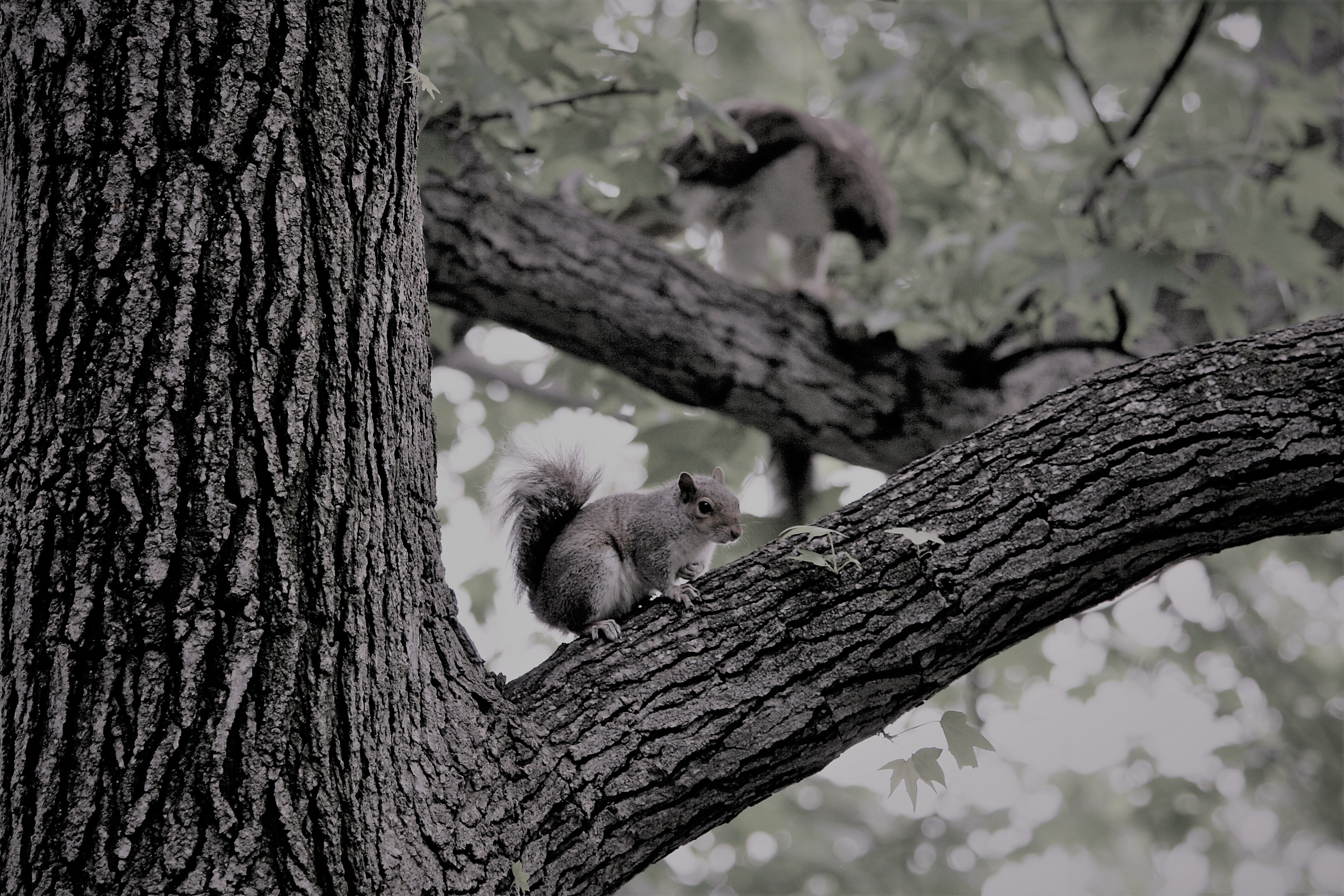
Chapter 2.2
My phone vibrates in my jacket pocket. It’s a familiar number but I don’t remember whose it is. I don’t answer calls unless I’m certain about them and I hold the phone through three vibrations before answering. “This is Norm.”
“Hey, it’s me,” Golding says as if I’ve been eagerly awaiting his call, as if we drink beer and play poker and take vacations with our families together.
“Listen, Golding, they’re closing the doors on the plane.”
“I’ll leave voicemail…”
“You do that,” and I hang up.
New character: Golding. To be honest, I don’t know why I brought this guy in, and the part that follows, well, it may just be the first thread that once pulled, unravels everything. It begins with a flashback:
I’m ten, with my buddies Ira and Robbie. We’re in the woods behind our development, a damp place with steep paths and hidden hazards like poison ivy and hornet nests in rotting logs. We wander around and shoot at things with cap pistols and slingshots we make from fallen branches and old cut-up bicycle tire tubes. We hunt for arrowheads and hunks of quartz rock.
Darby Creek snakes through the woods and leads to an old quarry where we will soon crawl through a chain link fence to swim. It’s a shallow rocky creek that runs fast after a good day of rain. We pull crayfish from it until the day old washing machines and tires and shopping carts stick up out of the muck. We become scavengers and one day the story goes that a boy from our school gets himself trapped in a rusting old refrigerator and suffocates.
Ira says, “Normalizer, see that squirrel?” on a branch far away. It’s sitting there licking its little hands and grooming its head. “Think I can hit it?”
“No way,” Robbie says.
“Bet you a dollar I can.”
Robbie and I reach into our respective pockets right away and pull out change and count it. “I got it,” Robbie says. “You’re on.”
“I only have sixty-three cents.”
Ira licks a finger and holds it up in the air. “You have to adjust for the wind.”
He lines it up, carefully adjusting his back hand, the one holding the rock in the tire tube band. We’re standing behind him and he’s taking forever to get his aim. Finally, he turns his head back to us, his slingshot aimed toward the squirrel. “Watch this,” and he releases his shot still looking back at us and away from the target.
The rock whooshes out of his slingshot and smacks squarely into the squirrel, knocking it out of its perch. It lands with a rustle in the leaves below. We three stand with our mouths open. “Holy crap,” Robbie says.
We race to the spot where the squirrel landed. “Poke him,” Robbie orders. “See if he’s dead.”
I pick up a stick and poke it lightly. It doesn’t move. There’s a smudge of blood on its head. “I think it’s dead,” I say.
“Check again,” Ira says, his voice a shaky whisper.
I poke it again, a little bit harder, and when I do, Robbie bumps me and the stick plunges into the squirrel’s belly. “Look what you did Norm. You killed him.”
“Didn’t. It was already dead.”
Robbie punches me in the arm and says, “You killed him. You have to bury him.”
“Ow. All right.”
I kick with my sneaker heel at the soft muddy ground and soon have a large enough indent for the body. Using the leaves as a scoop, I push it into the hole and kick some mud and leaves over it.
“There,” I say. “Can we go swimming already?”
“You’re going swimming? You going to the quarry? I’m coming,” says Golding, appearing from behind a tree. His nasally voice, perpetually on the verge of a sneeze,
We trudge to the site of the old quarry, my friends and I and Golding. It is one of those hot, humid days that nowadays stretch into October. Golding is new and I don’t like him.
“What happened to that squirrel? Did you kill that squirrel?” he says.
“We found him,” Robbie says.
“How come you made Norman bury him? Why would you do that?”
Robbie shakes his head at him. “We felt like it. Shut up.”
We get to the edge of the quarry and Robbie peels off his t-shirt and All-Stars and jumps into the water. He disappears taking a trail of bubbles with him and emerges, whooping, “Come on in. The water’s great!”
Ira follows and then it is just me and Golding, standing there, looking down at my two friends splashing in the water, their voices echoing off the quarry’s gray-black walls. “C’mon Normie, jump in.”
“You afraid?” Golding says in my ear. “Afraid of the water?”
“I’m not scared,” I shout.
“No one said you were scared,” Ira says.
“Golding did.”
“He doesn’t count.” See, nobody liked Golding.
I’m not afraid of the water even though it’s cold and will shock the breath out of me. I can swim and I’ve swum here before. It’s the time and distance between launching and landing where it feels like I’m caught on an invisible hook struggling to climb my way down out of the air, a moment that passes like an hour.
“Just close your eyes and lean forward. The water’s great!”
I can’t do it. I find a zig-zag path on the rocky wall down to the surface, dip my toe and slide in. It’s freezing cold and when I come up I gasp. “Water’s great!”
Golding takes off his stupid alligator shirt and slips backward, hitting his head on rock and falls straight down into the water. Robbie and Ira swim to him while I tread water and think, let’s just tell everyone we found his body floating here.


